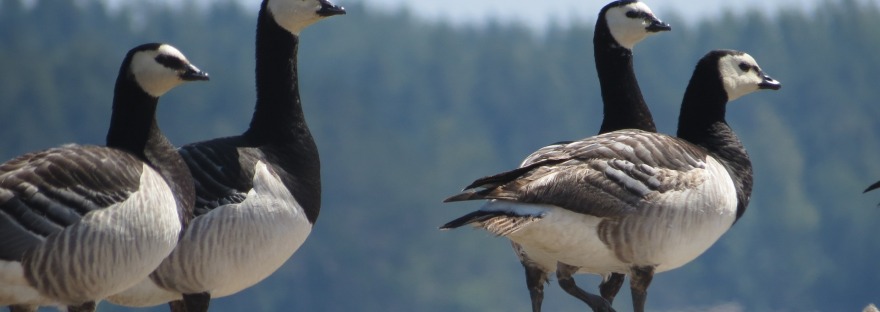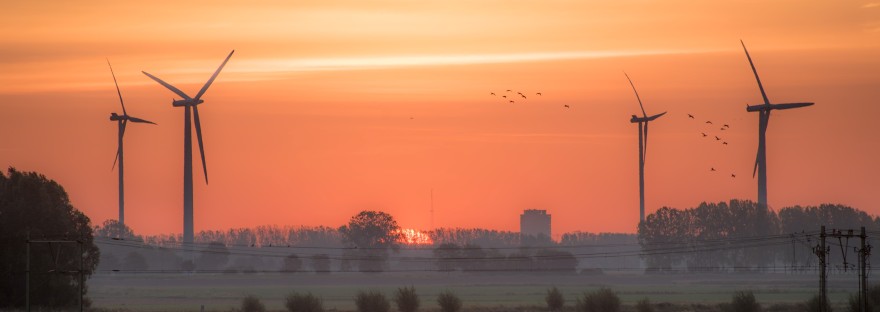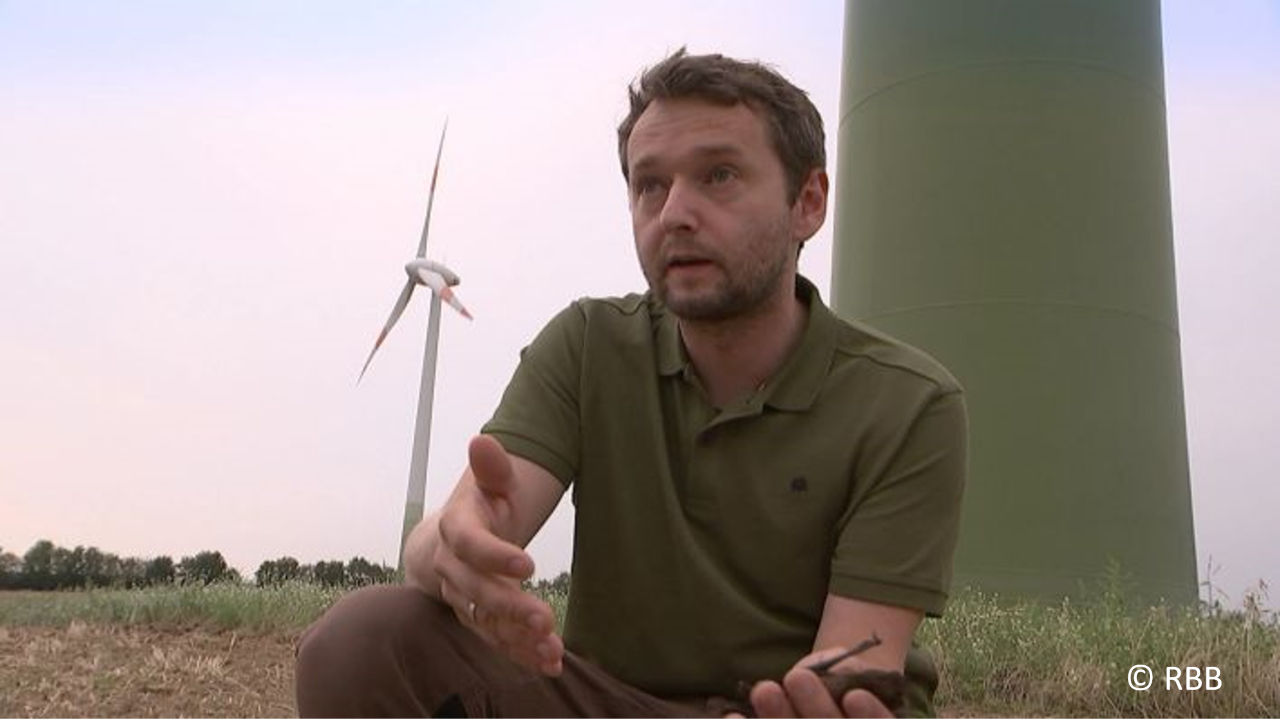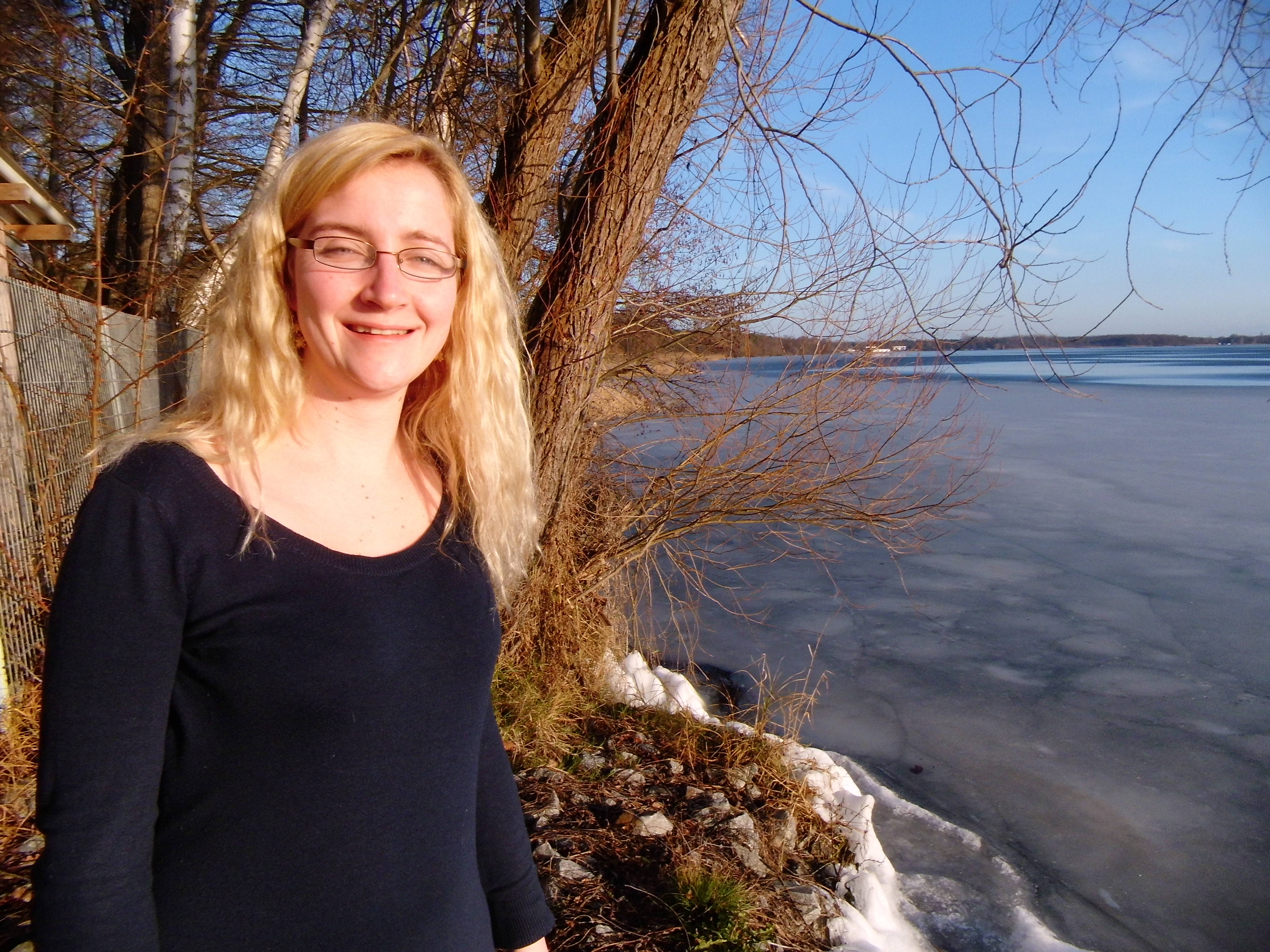On 20-01-2021 the latest fruit of our Trinidadian guppy research project came online in the Open Access journal Communications Biology. With this experimental field study, we provide rare causal evidence for the adaptive benefits of social foraging in the wild. For both sexes!
For the complete story, check out the paper here.
For the popular science summary, check below (Dutch version here)
Guppies with friends eat more
Guppies that socialise with more conspecifics get more food. This applies to both males and females, despite the common assumption that males are not very social. This is revealed through a unique field study conducted by Wageningen University & Research in Trinidad in collaboration with Leibniz-Institute of Freshwater Ecology and Inland Fisheries.
‘Much research has already been done under lab conditions on the impact of group size on animals’, says Lysanne Snijders. ‘Still, you never know whether the results such studies show, apply equally in nature’. Moreover, in the wild, other factors such as predators’ presence also influence animals’ social behaviour.
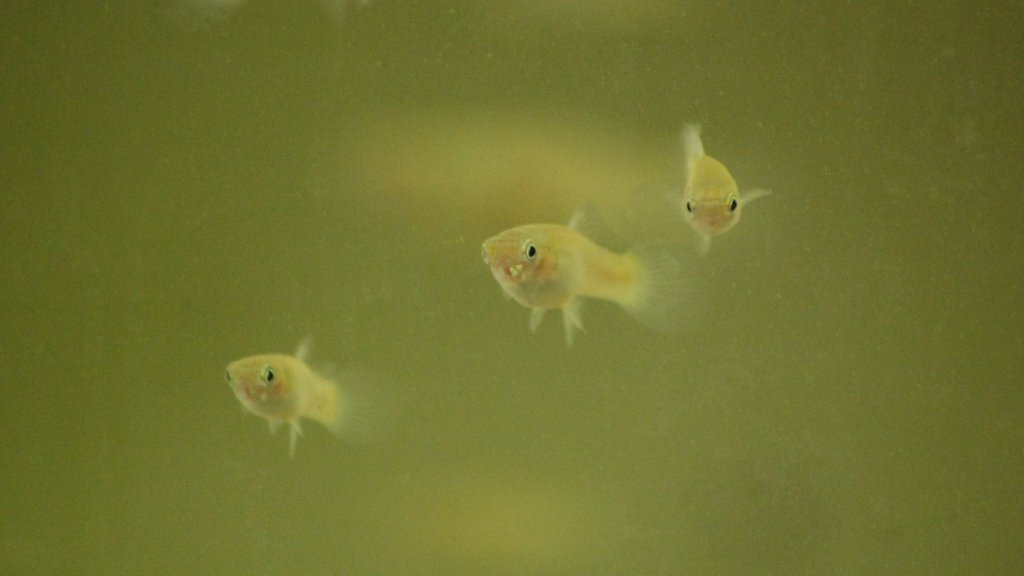
Benefits of social behaviour
As far as we know, this is the first time a causal relationship was found between the number of animals of the same vertebrate species and it’s benefits to individuals. In Trinidad, Snijders and her colleagues were able to get a close look at the influence of size and composition of groups under natural circumstances by distributing the guppies over different pools. The behaviour of the fish in different group sizes was extensively analysed and recorded.
Snijders and her team showed that guppies living in larger groups were often more successful at obtaining food. From an evolutionary perspective this is interesting: apparently, an increased food intake is a direct benefit of being social in the wild (as is protection from predators), and may thus partly explain why we often see guppies engage in social associations.
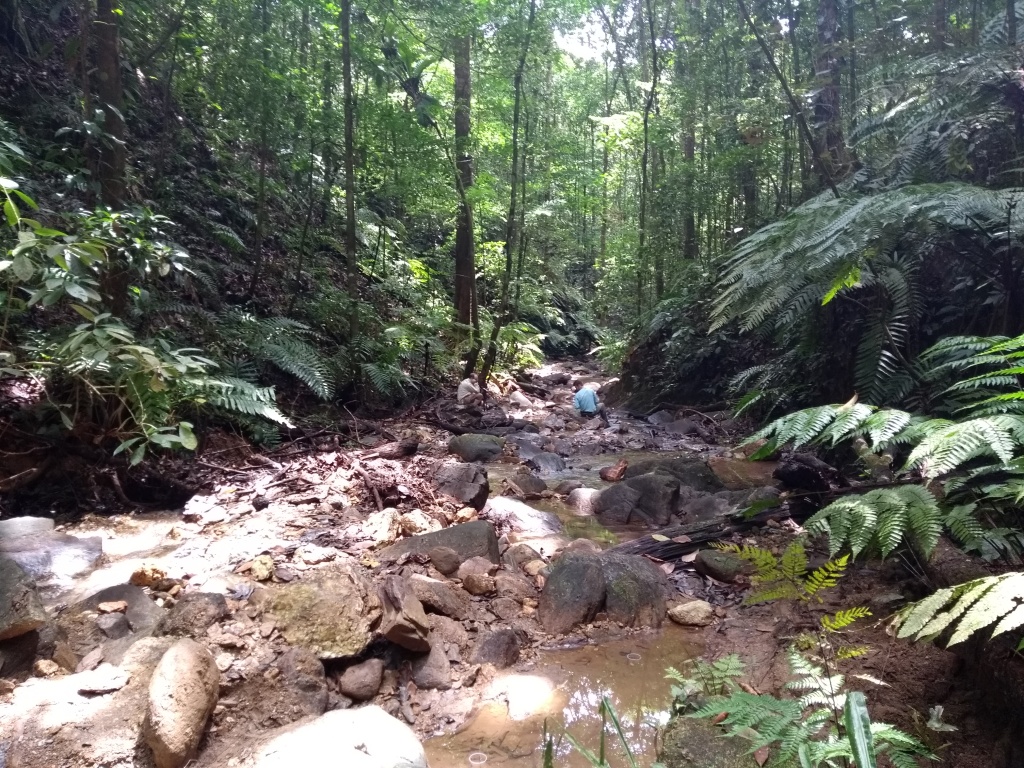
Males
Moreover, the study, published in Communication Biology, shows that males and females alike benefit from larger groups. This is remarkable, as females are generally perceived as more social.
Snijders: ‘In the vast majority of guppy research, the study is limited to females because males are thought to be predominantly occupied with mating opportunities. This study, under natural circumstances, clearly shows that males also benefit from social behaviour and that this advantage is not solely restricted to them obtaining females. Assumptions about a lower level of sociability do thus not necessarily translate into fewer social benefits.’
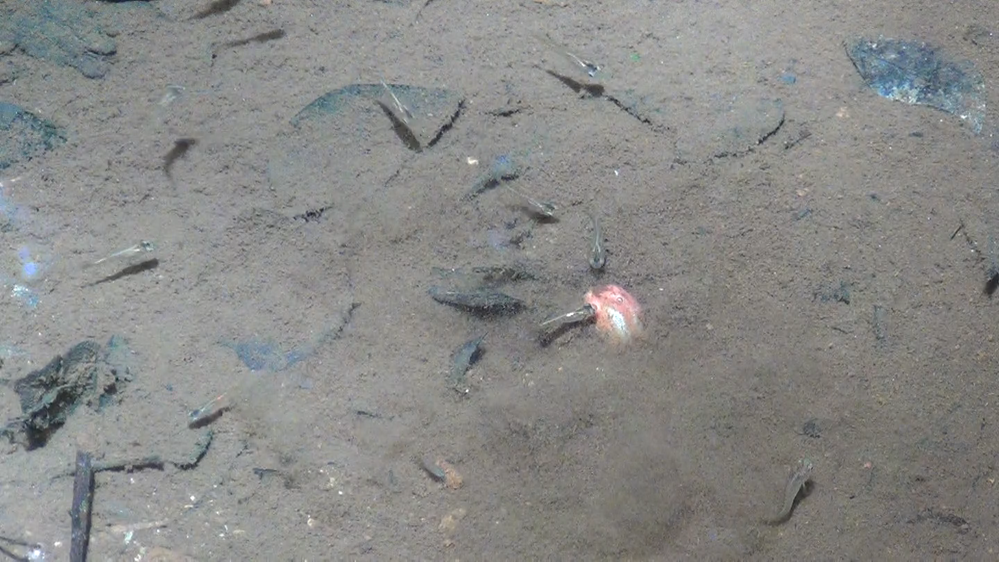
Reference
Snijders, L., Krause, S., Tump, A.N. et al. Causal evidence for the adaptive benefits of social foraging in the wild. Commun Biol 4, 94 (2021). https://doi.org/10.1038/s42003-020-01597-7

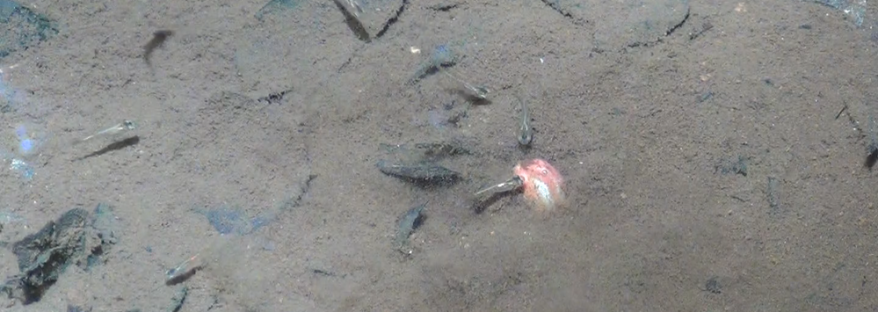

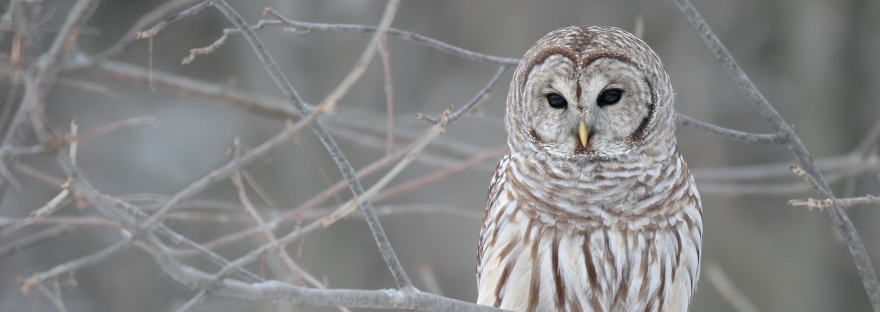
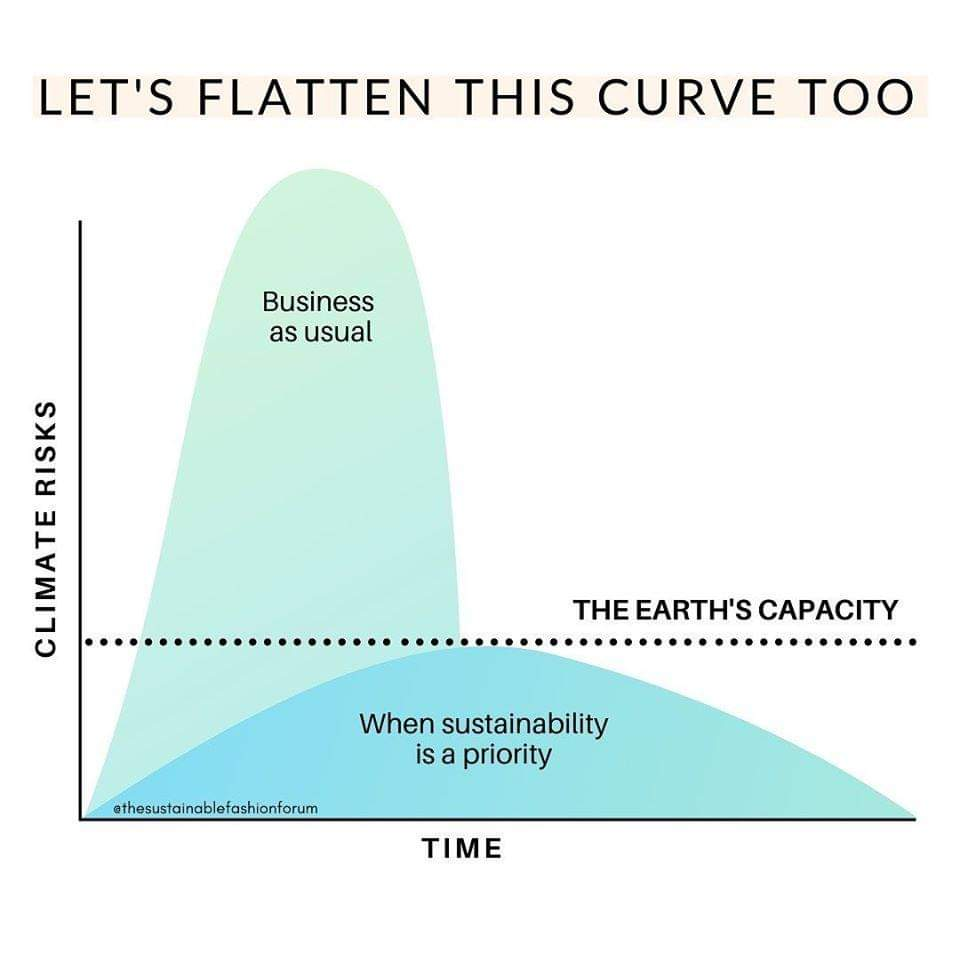 In conservation, often a choice has to be made for the lesser of two evils. How can conservationists cope with such situations of seemingly inevitable loss? Here, we share a personal contribution from Dr Chelsea Batavia, in which she takes us along in the background story of her recent publication
In conservation, often a choice has to be made for the lesser of two evils. How can conservationists cope with such situations of seemingly inevitable loss? Here, we share a personal contribution from Dr Chelsea Batavia, in which she takes us along in the background story of her recent publication 